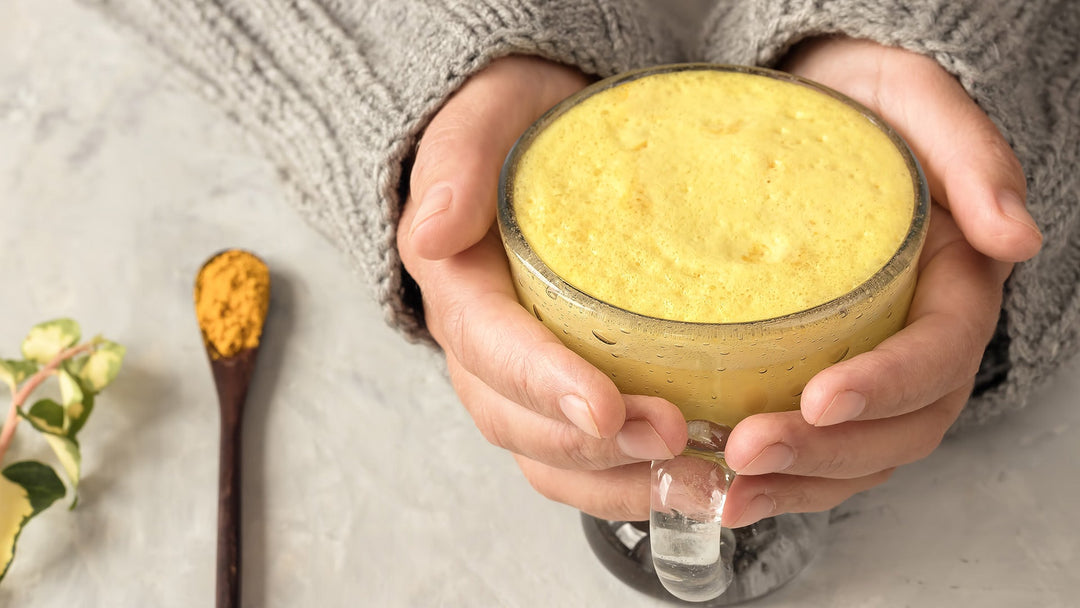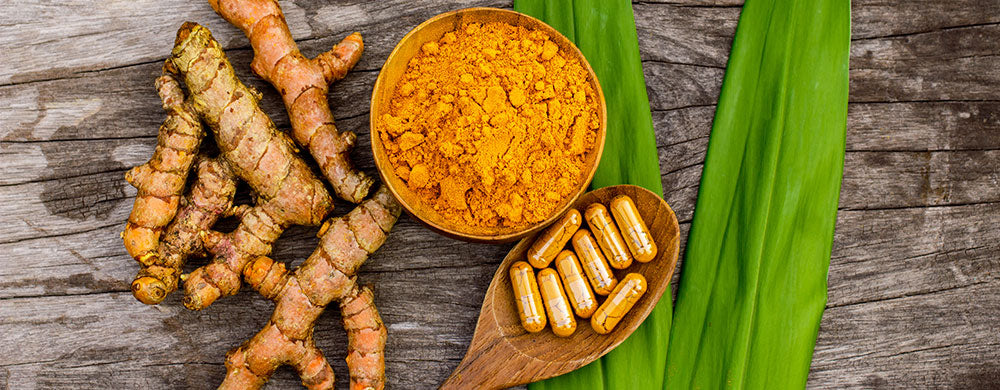Polyphenols – Why are they healthy?

Polyphenols are said to reduce the risk of cardiovascular disease, fight inflammation and even prevent diseases such as Alzheimer's. But how much truth is there behind the claims about their health benefits? And which foods contain polyphenols? Here is a summary of the most important facts.
The most common cause of death in Germany is still cardiovascular disease 1 . According to the Robert Koch Institute, diet is also an important risk factor for these lifestyle diseases. A healthy, balanced diet therefore has great potential for prevention. Numerous studies, such as the well-known "Seven Countries Study" 2 , have shown that the Mediterranean diet can help prevent cardiovascular disease. Scientific research has focused in particular on olive oil, which is widely used in Mediterranean countries.

In 2018, a large-scale review of several studies 3 on the health benefits of olive oil in relation to the cardiovascular system was published. This review study indicates that olive oil may be able to prevent atherosclerosis. The polyphenols contained in olive oil play an important role here. But what are polyphenols anyway?
What are polyphenols?
Polyphenols 4 are a group of secondary plant substances. They are found in various types of fruit, vegetables and grains. There they fulfil different functions: they give the plant its specific colours or flavours, to protect it from predators or from sunlight. Polyphenols include flavonoids, anthocyanins and phenolic acids.
Which foods contain polyphenols?
Polyphenols are found in a wide range of plant-based foods. For example, red wine, apples, nuts, cocoa, berries, cloves and plums have particularly high polyphenol levels. However, the polyphenol content varies from variety to variety and depending on the degree of ripeness. Olives and olive oil in particular naturally contain an extraordinarily high polyphenol content. However, the polyphenol content of olive oil depends on the method of production. In refined olive oil, the polyphenols are almost completely separated. Extra virgin olive oils can have different values. The decisive factors here are the variety used, the cultivation and the degree of ripeness at the time of harvest.
What are polyphenols good for?
Protection against oxidative stress
One of the main characteristics of polyphenols is their antioxidant effect. This means that they help protect cells from free radicals 5 .
Free radicals are created when the organism is exposed to stress, environmental toxins or an unhealthy lifestyle. But they are also a natural side effect of aging. The human body fights the oxidative stress caused by the large amount of free radicals with the help of enzymes and antioxidants, because in the long term oxidative stress can lead to inflammation and chronic diseases.

The potential antioxidant effect of polyphenols from olive oil has already been investigated in numerous studies 6 .
However, further, more comprehensive clinical studies are needed to investigate the exact effect of polyphenols in the human body. Therefore, the European Food Safety Authority does not allow advertising of the health-promoting effects of polyphenols.
An exception to this are health claims about olive oil polyphenols. According to the European Food Safety Authority 7 , health claims about olive oil are permitted if its polyphenol content is at least 250 mg/kg. Accordingly, olive oil polyphenols have been shown to help protect blood lipids from oxidative stress.
Prevention of chronic diseases
While research on other health effects is not yet so clear, there is increasing evidence 8 that polyphenols can also contribute to the prevention of neurodegenerative diseases. A recent study 9 by the Institute of Biochemistry and Cell Biology in Rome particularly emphasizes the potential role of olive oil polyphenols in the prevention and treatment of brain and muscle diseases.
The basis of the positive effect of polyphenols is their influence on cholesterol levels, oxidative stress and high blood pressure – all risk factors for Alzheimer's and other chronic diseases.

According to the Federal Center for Nutrition 10 , an institution of the Federal Ministry of Food and Agriculture, there is evidence that polyphenols contribute to better blood flow and can have an anti-inflammatory effect in the brain.
Conclusion
- Polyphenols are particularly present in the Mediterranean, plant-based diet.
- Laboratory studies demonstrate the antioxidant effect of polyphenols, but only olive oil polyphenols have sufficient clinical studies to demonstrate their protective function against oxidative stress
- Possible health benefits of olive oil polyphenols also include the prevention of Alzheimer's disease, atherosclerosis, cardiovascular disease and other chronic diseases


